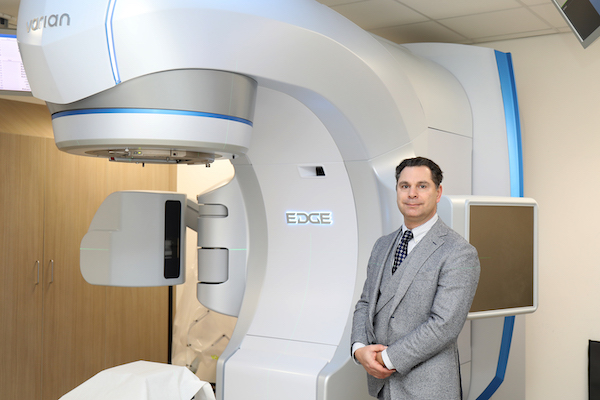What is a second opinion?
Doctors will often take different views on your case, based upon their training, past experience, the expertise available in their hospital, and their beliefs. Often these views may be very similar but occasionally they can differ significantly. For example, oncologists who are trained to administer both radiotherapy treatment in addition to chemotherapy / immunotherapy may have quite different views on a multimodality treatment plan to another who is only trained to give chemotherapy. Surgeons are more likely to recommend surgery! One surgeon may say a tumour is inoperable, another may disagree and say it is operable. This may sound obvious but it can lead to significant differences in opinion based on the experience of the doctor.
There are often multiple treatment options for patients in any situation hence the differences of opinions. It is rare that there is only ever one option. It is important all those treatment options are shared with you so you can then make an informed decision. Patients should always be involved in the decision making!
These days oncologists and surgeons have regular meetings to discuss all their cases and this usually forms a “consensus” of opinions and options. These meetings are known as MDTs (multidisciplinary team meetings).


